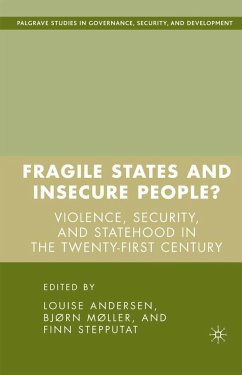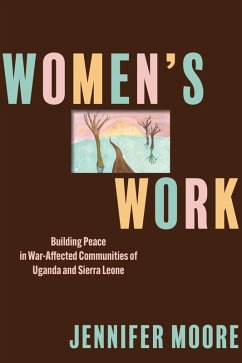"This book makes a very important contributionfor scholars and policy-makers concerned with the dynamics of warfare, post-conflict transitions, and governance throughout the developing world."
- Stephen Lubkemann, Assistant Professor of Anthropology and International Affairs, The George Washington University
"The notion of new wars, fought by drug-crazed young combatants driven by opportunist greed, has grabbed the attention of journalists, politicians and some academics. Africa, in particular, has been seen as the 'home' of such violence. Focusing on Mozambique, this book offers a much-needed antidote. It is a balanced, carefully-researched assessment of combatants in the Mozambique war, how and why they fought, and what
they have contributed to the remaking of post-war society. This fine study conveys the important message that it is a fatal mistake to strip war of its social content. Its implications havewide significance and application."
- PaulRichards, author of Fighting for the Rain-Forest: War, Youth, and Resources in Sierra Leone
"Jessica Schafer explores the experience of soldiers after the long liberation struggle and civil war in Mozambique, and shows why this experience has been different. She is a brilliant fieldworker in a difficult context, and her interviews enable her to paint a vivid picture of the lives of ordinary soldiers both during the war and after. This is an excellent volume - theoretically informed, denselyresearched, sympathetically written, and full of comparative interest."
- William Beinart, Professor of Race Relations, and Chair, School of Interdisciplinary Area Studies, University of Oxford
















